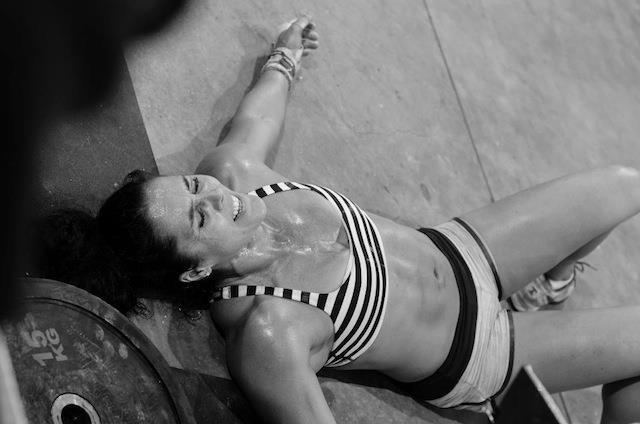
COVID-19 isn’t a disease that many people think about anymore, mainly because of the government’s effective vaccination program. However, members of the public are still coming down with it on a daily basis. It is certainly true that the disease is no longer considered a major risk, it can still cause some nasty, unwanted symptoms and side effects. One of these is long COVID, a condition similar to post-viral fatigue syndrome. Long COVID causes symptoms of fatigue and malaise for months and sometimes even years after initial infection. This post will explore this topic in more detail, telling you how long COVID and COVID-19 on its own can impact an impact on your fitness:
1. Intense Fatigue
One of the main symptoms of COVID is intense, unwavering fatigue. The virus’s symptoms typically wear off after three to four days, however. In some rare cases though, they last for much longer. The long COVID recovery process can be very difficult to get through. The main complaint people suffering from long COVID have is that they are no longer able to do the things they like, mainly because their symptoms of fatigue are too intense to accommodate leaving their homes. When people feel like they need to stay in bed all of the time, they are typically unable to exercise. A lack of exercise can lead to one’s fitness deteriorating. Deteriorating physical health can be a big problem and cause a number of diseases.
2. Low Motivation
When you feel unwell, it can be hard to motivate yourself. Feeling demotivated can reduce your interest in exercise. If you haven’t had much motivation after contracting and recovering from COVID-19, you could have long COVID. Long COVID is, fortunately, treatable. You might want to get in touch with a professional healthcare clinic and ask them for their advice. If you are looking for a clinic, try to find one with good reviews. A clinic’s reviews will tell you everything you need to know about them and help you to decide whether you want them to treat you or not. Also, think about payment. Your health insurance should cover the costs of long COVID treatment, though you should check with your insurer first just to make sure. It might not be if you have a very basic emergency plan.
3. General Anxiety
One of the symptoms of long COVID is anxiety. Anxiety is a condition that can negatively impact the quality of your life and leave you feeling demotivated and disinterested in exercise. People typically suffer from anxiety when they have COVID because they fear that the disease will get worse. Because of how many people died in the disease’s early days, it is natural to feel this way. Additionally, some studies seem to suggest that the disease can cause heightened levels of anxiety itself (unrelated to the anxiety that’s caused by a natural fear of it). If feelings of anxiety have been stopping you from exercising, consider seeing a physician. A physician will be able to identify the cause of your anxiety and help you to establish whether it’s caused by COVID or if you genuinely just have anxiety, which many people do today. More people are suffering from the condition than ever before, so it’s possible your anxiety is unrelated.
4. Cardiovascular Problems
Studies show that even a mild case of COVID-19 can increase your likelihood of having heart failure or a heart attack. However, it’s extremely rare for this to occur. Also possible is myocarditis, which is inflammation of the heart. In the first few years following the COVID-19 pandemic, levels of myocarditis among young people increased, especially athletes. People were realizing they had myocarditis because when they were exercising, their symptoms flared up. If you have myocarditis caused by COVID, this can stop you from being able to exercise, as you could end up suffering a heart attack. Most doctors will recommend that you do not perform any intense or vigorous exercise if you have a formal myocarditis diagnosis. If you experience chest pains after exercise, get in touch with a doctor right away, especially if you have recently recovered from COVID-19.
5. Fear of Gyms
After COVID-19, many people stopped going to the gym. This was because they were fearful of catching the illness from people they saw there. Viruses do spread very easily at the gym, mainly due to the fact that there are lots of people present in a small, confined space, using the same equipment. If you are concerned about going back to the gym, you will be pleased to know that you do not necessarily even need a gym to exercise. It is entirely possible to do so at home. Calisthenic workouts have never been more popular than they are now. A calisthenic workout is essentially just a bodyweight one. A bodyweight workout is when you exercise using your body, rather than tools like weight bars and treadmills. Some of the best calisthenic exercises you can do are push-ups, sit-ups, dips, and squats. All of these can be done at home without any equipment, though it does help to have a mat.
6. Respiratory Symptoms
One of the main symptoms of COVID-19 is a cough. A cough can make exercising very difficult since you can be left feeling breathless and tired. If you are experiencing a new or worsening cough, then it could be because you are suffering from COVID-19 or another similar respiratory virus. It is important not to exercise while suffering from a cough or a cold because it can make your symptoms worse. If you end up suffering from long COVID, you may experience a long-term unabating cough. It’s important to get in touch with a doctor so that they can treat your symptoms and help you work through them. When looking for a doctor, you need to find one with lots of experience in treating patients suffering from COVID-19.
COVID can negatively impact your fitness goals. This is because it can leave you feeling tired, demotivated, and unwell. If it’s negatively affecting your life, seek professional support. It’s especially important to get help with your symptoms if they have gone on for longer than a month.










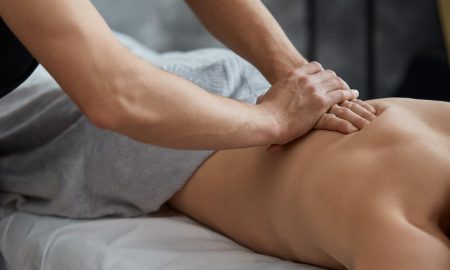
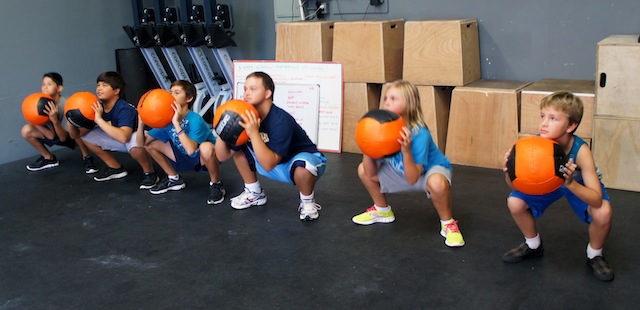
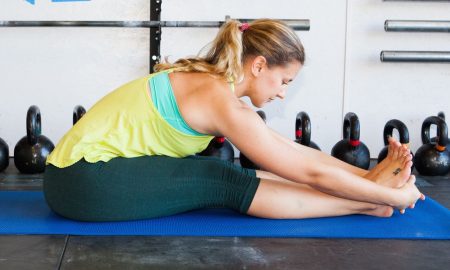
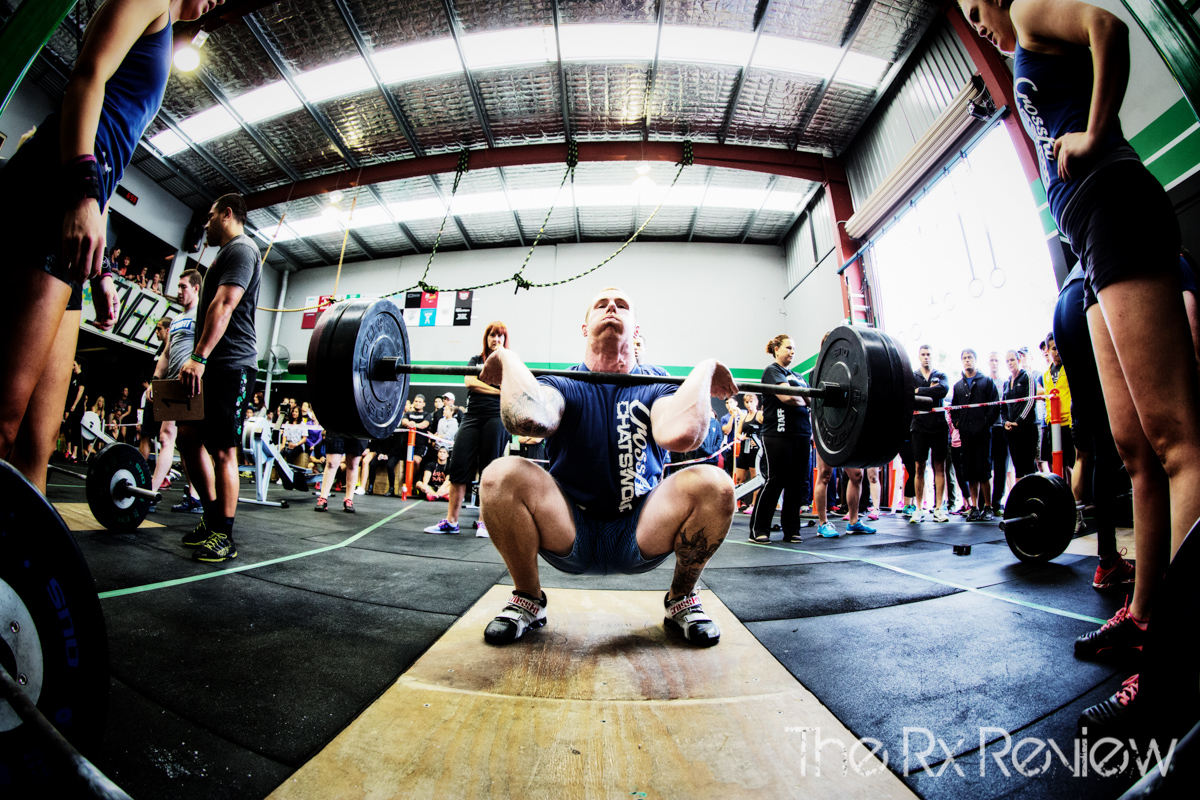


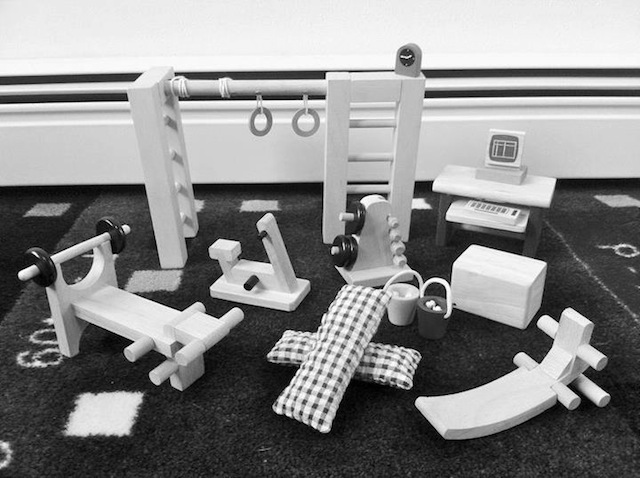
Follow Us